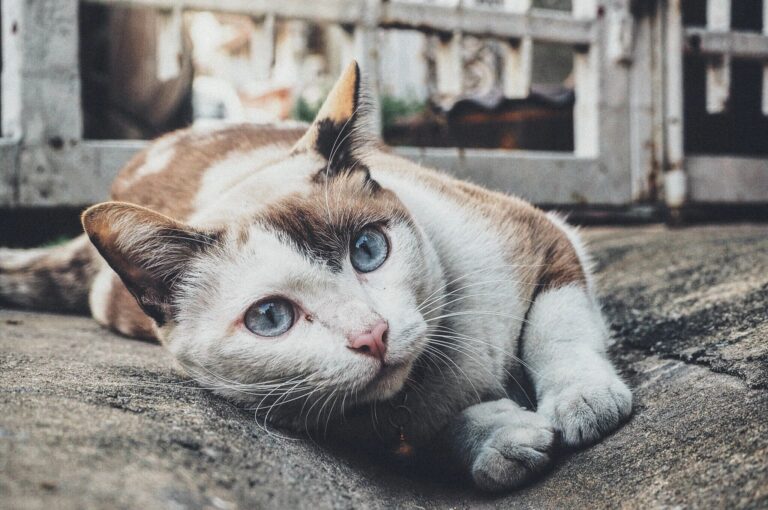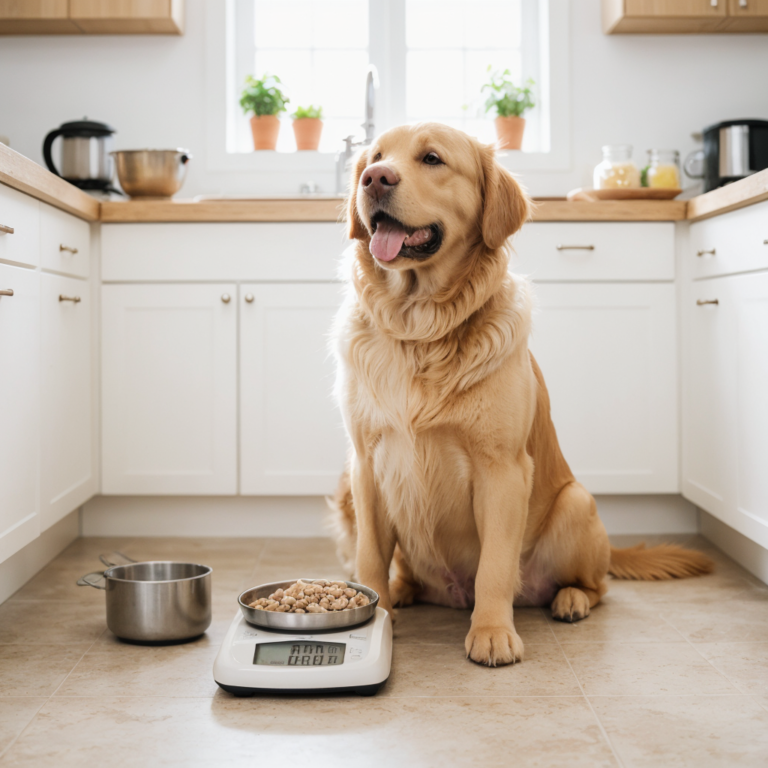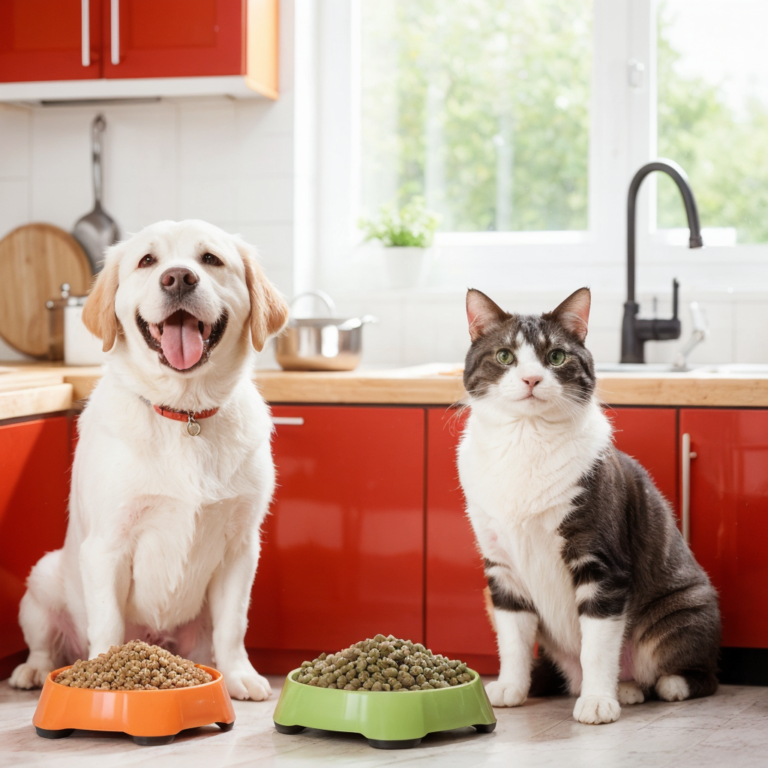Introduction
Managing pet anxiety is crucial for their overall well-being. Learn how specific foods and nutrients can help calm your pet and support their mental health.
Understanding Pet Anxiety
Pet anxiety is a common issue that affects many animals, causing symptoms like excessive barking, trembling, hiding, and destructive behavior. Common triggers include separation from owners, loud noises, and unfamiliar environments. Traditional methods to manage pet anxiety often involve behavioral training and medication, but there’s an emerging interest in using diet as a natural way to alleviate these symptoms.
The Role of Nutrition in Managing Anxiety
Diet can play a significant role in managing anxiety levels in pets. Metabolomics, the study of metabolites in the body, shows how dietary components can affect mental health. According to a study on metabolomics of anxiety disorders, dietary adjustments can influence anxiety levels (PubMed ID: 29147115). Orthomolecular nutrition, which focuses on the optimal levels of nutrients in the body, also highlights the importance of diet in maintaining mental health (Journal of Orthomolecular Medicine).
Functional nutrition, a holistic approach that considers how food impacts overall health, is gaining traction in pet care. This approach emphasizes using whole foods and natural supplements to address health issues, including anxiety (Journal of Functional Foods).
Key Nutrients and Foods that Help Calm Pets
Omega-3 Fatty Acids
Omega-3 fatty acids are crucial for brain health and mood regulation. Studies show that these fatty acids can help manage anxiety in pets. Sources include fish oil and flaxseed. For more details, refer to the National Center for Biotechnology Information’s article on omega-3 fatty acids in anxiety management (NCBI).
L-Theanine
L-Theanine is a natural amino acid known for its calming effects. It’s commonly found in green tea extract and can help reduce anxiety in pets. The Journal of Veterinary Behavior provides an in-depth review of L-Theanine’s benefits (ScienceDirect).
Tryptophan
Tryptophan is a precursor to serotonin, a neurotransmitter important for mood regulation. Foods rich in tryptophan, such as turkey, chicken, and eggs, can help manage anxiety in pets. More information can be found in the Journal of Animal Science (Academic OUP).
Magnesium
Magnesium is an essential mineral for nerve function and relaxation. It can be found in leafy greens and pumpkin seeds. The Journal of Nutritional Biochemistry discusses the role of magnesium supplementation in anxiety management (ScienceDirect).
Probiotics
Probiotics are beneficial for gut health and have been linked to improved mental health. Sources include yogurt and fermented vegetables. For more on the connection between probiotics and anxiety, refer to Frontiers in Psychology (Frontiers).
Practical Dietary Tips for Pet Owners
Incorporating these nutrients into your pet’s diet can be straightforward. Here are some tips:
- Omega-3s: Add fish oil supplements to your pet’s food or include flaxseed in their diet.
- L-Theanine: Look for pet treats or supplements containing green tea extract.
- Tryptophan: Serve turkey or chicken-based meals.
- Magnesium: Incorporate leafy greens and pumpkin seeds into their meals.
- Probiotics: Offer yogurt or fermented vegetables as snacks.
When transitioning your pet to a new diet, do it gradually to avoid digestive issues. Start by mixing small amounts of the new food with their regular diet and slowly increase the proportion over a week or two.
Additional Considerations
Always consult with your veterinarian before making significant dietary changes to ensure they’re safe and appropriate for your pet. Be aware of potential side effects or allergies. Combining dietary changes with other anxiety management strategies, such as regular exercise and environmental enrichment, can enhance the overall effectiveness.
Final Thoughts
A balanced diet rich in specific nutrients can play a vital role in managing pet anxiety. Monitor your pet’s response to dietary changes and adjust as needed. A holistic approach, combining diet with other anxiety management strategies, can significantly improve your pet’s well-being.
References
- Metabolomics of anxiety disorders, PubMed ID: 29147115. Retrieved from PubMed
- The role of omega-3 fatty acids in anxiety management, National Center for Biotechnology Information. Retrieved from NCBI
- L-Theanine and anxiety: A comprehensive review, Journal of Veterinary Behavior. Retrieved from ScienceDirect
- Dietary tryptophan and pet anxiety, Journal of Animal Science. Retrieved from Academic OUP
- Magnesium supplementation in anxiety management, Journal of Nutritional Biochemistry. Retrieved from ScienceDirect
- Probiotics and anxiety: The gut-brain connection, Frontiers in Psychology. Retrieved from Frontiers







